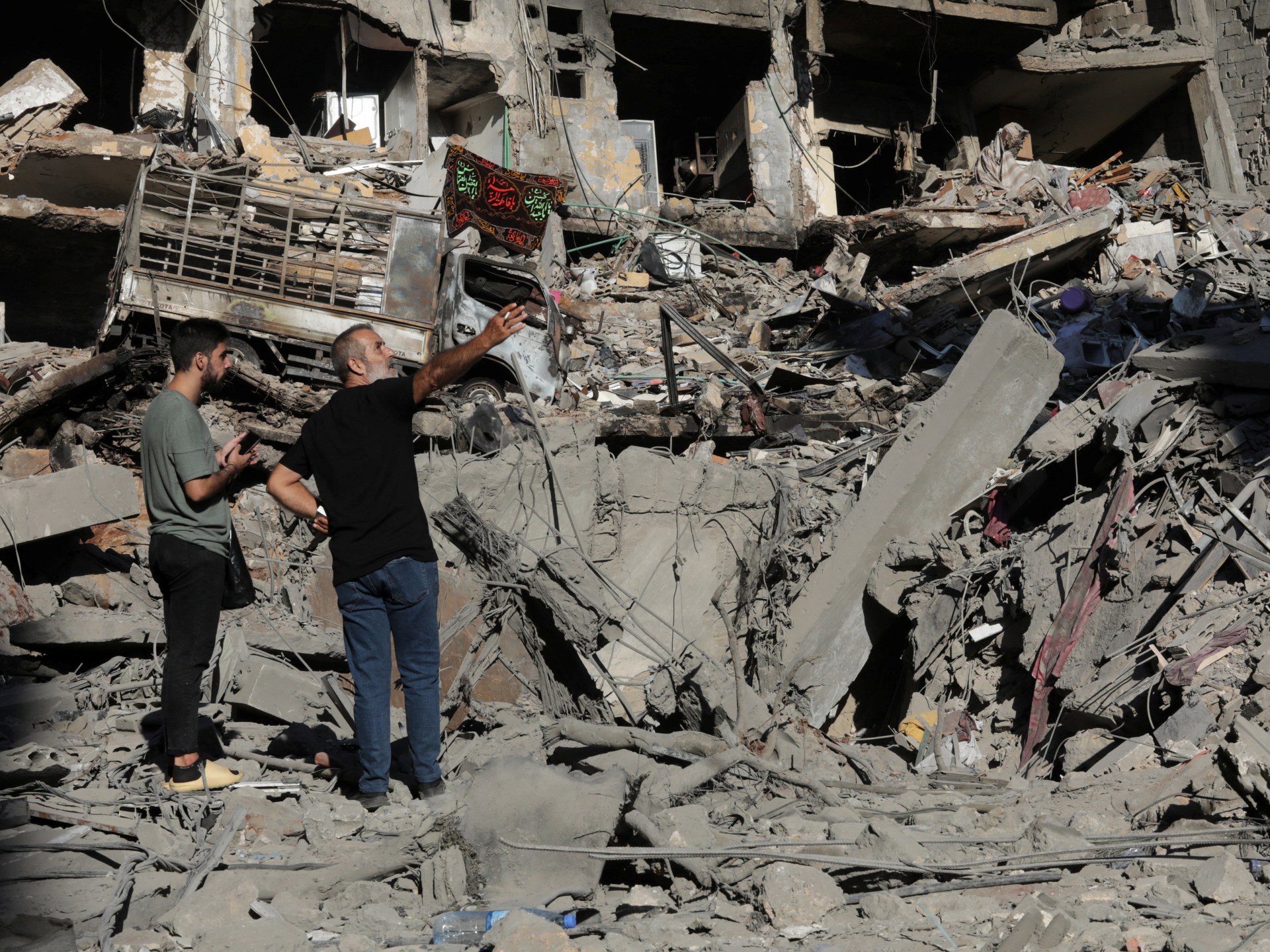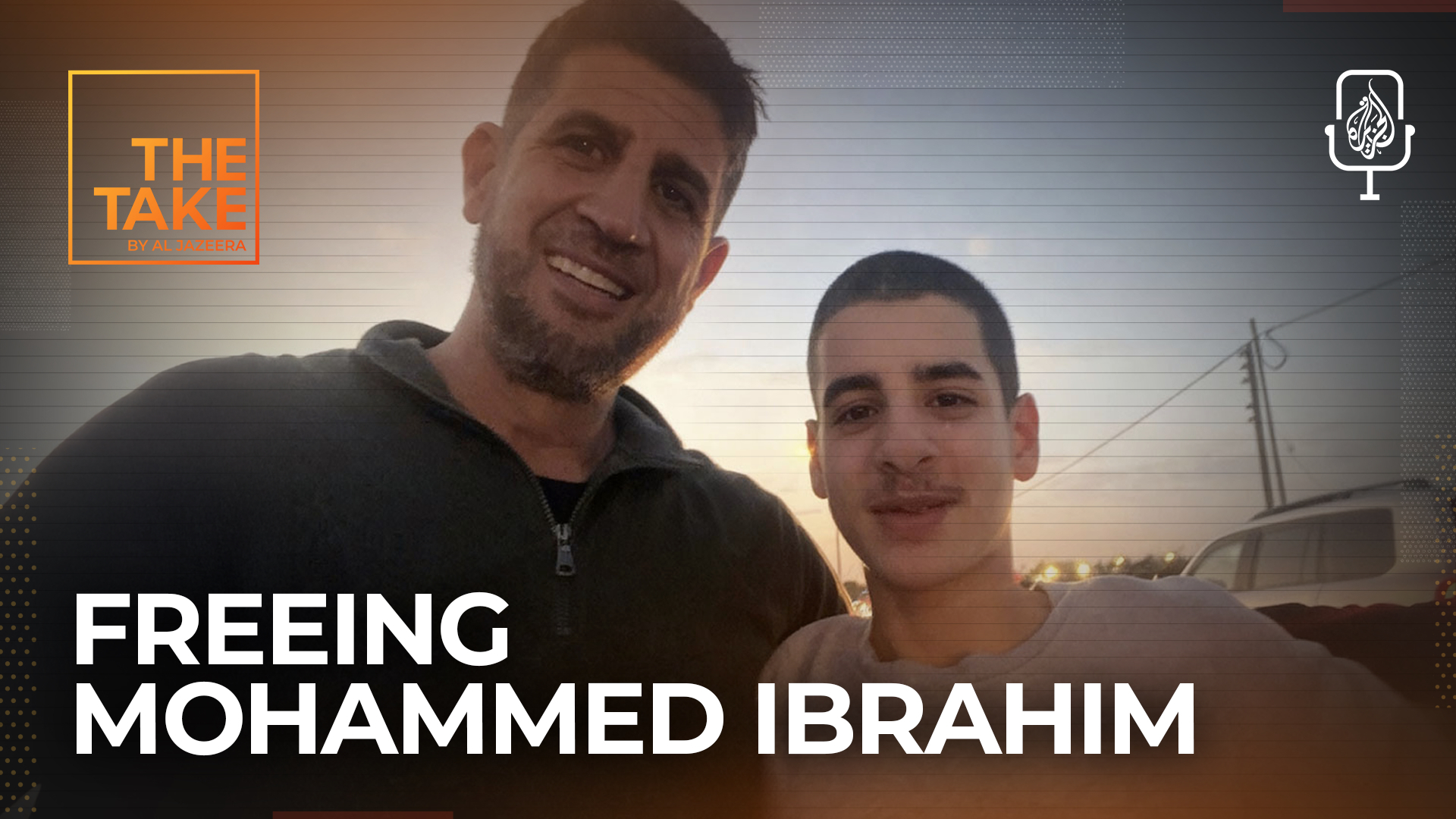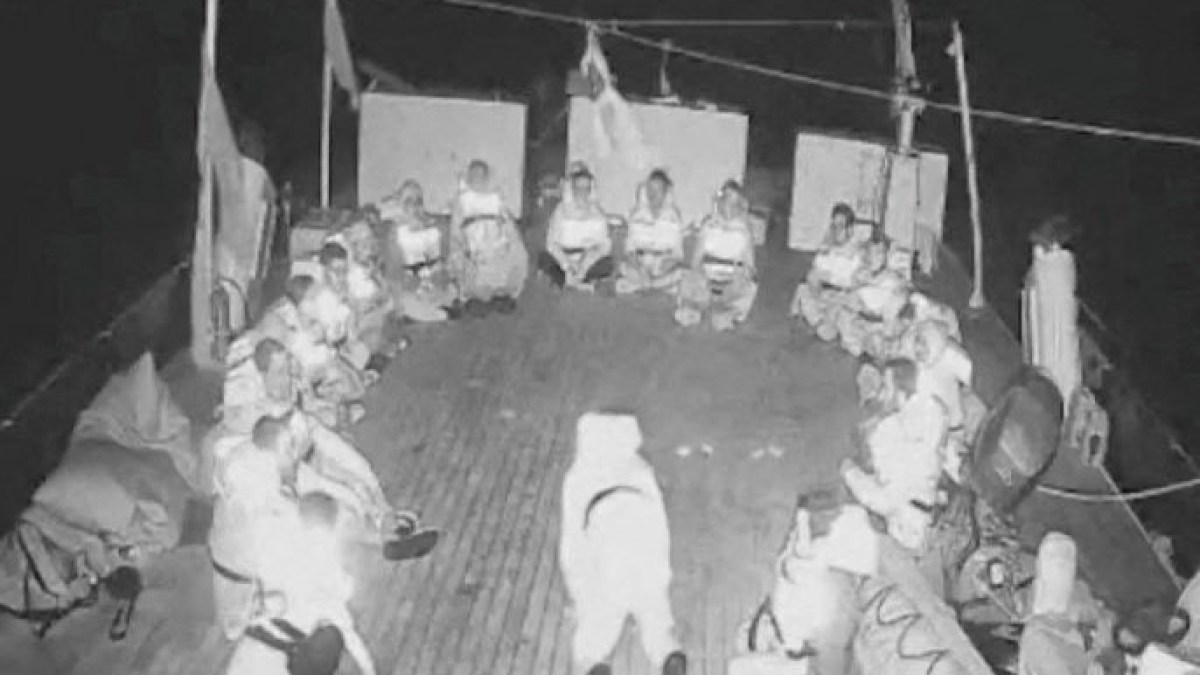
Lebanon has witnessed another bloody 24 hours as relentless Israeli bombardment killed at least 105 people and injured 359 others, according to health officials.
Air attacks were reported across Lebanon on Sunday and overnight into Monday. The targets included a hit in the heart of the capital, Beirut, for the first time in years, signalling further potential escalation towards an all-out war.
While Israel said it attacked dozens of Hezbollah targets, Lebanese officials said the bombardments struck homes and buildings in southern Lebanon, the Bekaa Valley, Baalbek-Hermel governorate and the southern suburbs of Beirut.
Lebanese politicians described the assaults as a “massacre”.
In the early hours of Monday, an Israeli strike was reported in the Kola bridge area of central Beirut.
The bombing was Israel’s first attack within the capital’s city limits since the start of the hostilities last year, and is seen as another escalation of the conflict.
‘No red lines’
The bombing of municipal Beirut suggests that the Lebanese capital, which was previously seen as a safe haven from Israeli attacks, is now in the line of fire as well – like much of the rest of the country.
The assault killed at least three people, Lebanese news outlets reported. The Popular Front for the Liberation of Palestine, an armed group active in Lebanon and Gaza, claimed that the trio were its members.
“This is the first time an area in the capital has been hit. Earlier attacks were on its southern suburbs,” notes Al Jazeera’s Zeina Khodr, reporting from Beirut. “So this is Israel, very empowered, feeling that it can act with little restraint and that there are no red lines.”
A separate attack in the southern el-Buss refugee camp killed the Hamas commander in Lebanon, Fateh Sharif, the armed group said in a statement on Monday. His family members were also reported killed.
On Sunday, an Israeli strike in Ain al-Delb near Sidon in the south of Lebanon flattened two residential buildings, killing 32 people, the Ministry of Public Health said. Many displaced families sheltering at the site were among the victims.
Succession plans
The strikes come in the wake of Israel’s assassination of Hezbollah chief Hassan Nasrallah in a series of air raids on Beirut’s southern suburbs that flattened several buildings.
The Israeli military said on Sunday it had also killed senior Hezbollah political official Nabil Kaouk.
The Iran-linked group has not yet announced succession plans for who will replace its slain leader – who was seen as an essential figure in the group’s previous confrontations against Israel, including the liberation of south Lebanon from Israeli occupation in 2000.
Hezbollah on Sunday dismissed media reports about its plans to replace Nasrallah, stressing that any news about organisational changes within the group has no value “unless confirmed by an official statement” from the party.
Despite the heavy damage Israeli assassinations have inflicted on Hezbollah’s political and military leadership, the group continued to launch attacks against Israel on Sunday.
Hezbollah announced several military operations against Israeli bases, as well as a rocket attack targeting the city of Safad.
Israel launched a major bombing campaign against Lebanon on September 23 with the stated aim of pushing Hezbollah off its border.
The offensive has killed hundreds and left widespread destruction in villages and towns across Lebanon, especially in the south of the country.
Displacement crisis
Lebanese Prime Minister Najib Mikati said on Sunday that as many as one million people had been displaced by the violence and accused Israel of conducting “criminal operations daily” across the country.
Mikati said about 118,000 displaced people were staying at 778 designated shelters, but that the real number was much larger, with many people staying with friends and relatives or renting out their own places.
“One million people moved from one place to another in days in the largest displacement crisis in the region,” he said.
When Israel started attacking south Lebanon earlier this month, it warned people to leave areas where Hezbollah may be storing weapons, before proceeding to bomb homes in hundreds of villages across the area in an unprecedented campaign.
Early on Saturday, the Israeli military issued specific evacuation orders for large parts of southern Beirut’s suburbs – akin to the forced displacement directives used in Gaza over the past year.
That resulted in thousands of people scrambling to reach Beirut’s city limits. Many have been sleeping in the city’s streets.

Ali Hijazi, Lebanon director for the international charity Lutheran World Relief, said displaced Lebanese people had to leave their homes in minutes with few belongings as they fled for their lives.
“People are really now living in fear and they are really going to the unknown,” Hijazi told Al Jazeera.
“They are really scared and worried whether this crisis will last longer … they are really in limbo.”
Escalation
Hezbollah and Israel have engaged in daily clashes since the outbreak of Israel’s war on Gaza.
The Lebanese group has said it would continue its attacks on Israeli bases in the north of the country until Israel ends its Gaza offensive.
For months, the violence was contained to the border region. But earlier this month, Israel started an escalatory campaign against Hezbollah.
On September 17 and 18, booby-trapped wireless communication devices associated with Hezbollah exploded across Lebanon, injuring thousands and killing dozens, including civilians. Lebanon blamed the unprecedented attack on Israel.
Days later, an Israeli strike in the southern suburbs of Beirut targeting a top Hezbollah commander killed at least 45 people and injured dozens more.
Now, the fighting is appearing increasingly like an all-out war. Yemen’s Houthis and Iran-linked Iraqi armed organisations have also fired missiles and drones at Israel in support of Hezbollah and Palestinian groups in Gaza.
On Sunday, Israel carried out air raids at ports and power plants in Yemen.
Meanwhile, the Israeli military has pushed on with its offensive in Gaza, which has killed more than 41,500 Palestinians and destroyed large parts of the territory.







